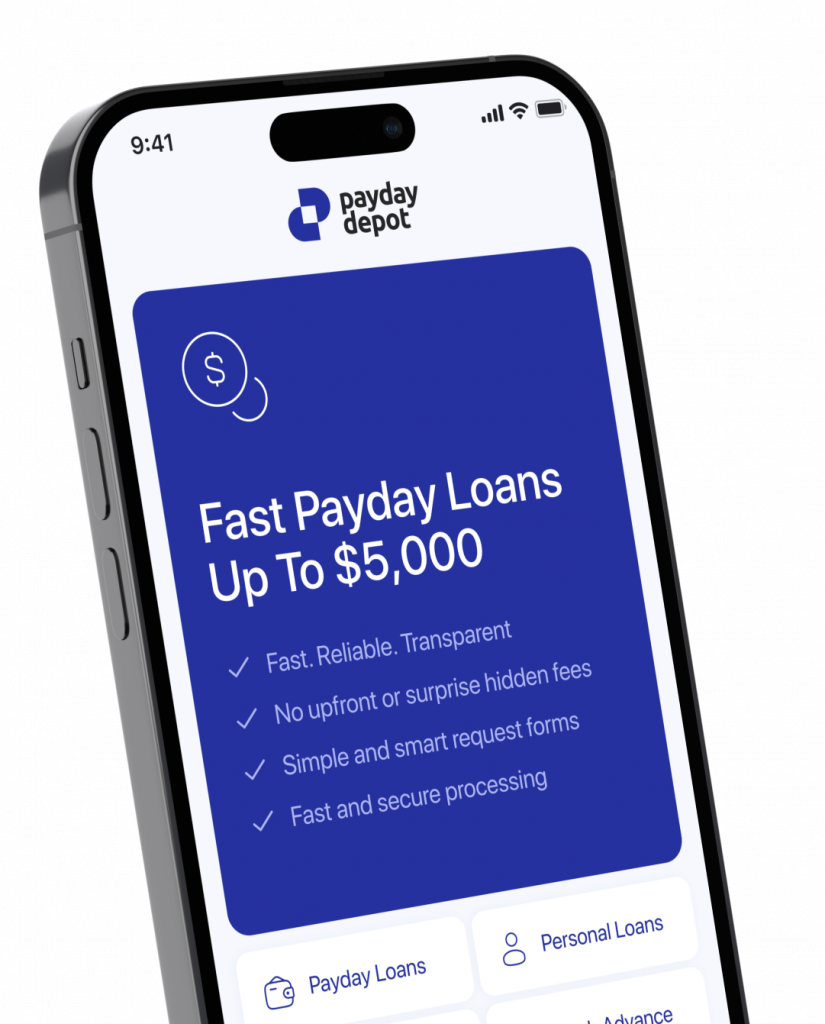Jeff White, CMO/CCO (Head of Marketing & Content Operations), holds BBA, MBA, and law degrees. Jeff is a prolific writer with 1,500+ articles across Investopedia, Associated Press, Forbes, and CNBC.com. Read more
Borrow 800 Dollar Payday Loan Online with No Credit Check
Unexpected expenses can arise at any moment in today’s fast-paced world, leaving you in need of quick financial assistance. An $800 payday loan can provide a short-term solution to this problem.
Payday loans are designed to provide immediate relief for individuals facing a financial crunch. The process of obtaining an $800 payday loan is relatively straightforward and can be completed online within minutes.
This article will dive further into the details of what and how to obtain an $800 loan, as well as your possible options.
What Is an $800 Payday Loan?
An $800 payday loan is a short-term cash advance designed to help individuals cover emergency expenses. Unlike traditional loans, payday loans do not require a good credit score. Instead, they are based on the borrower’s income and ability to repay the loan with their next paycheck.
Payday loans are often marketed to individuals with poor or no credit history, and do not usually require a credit check. However, there are certain eligibility requirements that one must meet in order to qualify for a payday loan.
Many payday loans are capped at $500, but there are places where you can qualify for an $800 loan.
It’s important to note that, while payday loans are designed to be quick and easy to obtain, they come with extremely high-interest rates that can lead to a cycle of debt. Therefore, they should only be considered as a last resort in true situations of need.
How Much Does an $800 Payday Loan Cost?
The cost of an $800 payday loan can vary significantly depending on the lender and the borrower’s state of residence. Some states have laws that cap the amount of interest that payday lenders can charge, while others do not. Interest rates can be quite high in states without restrictions. Additionally, lenders often charge a lending fee, which can further increase the cost of the loan.
When calculated on an annual percentage rate basis (APR) — the same metric for interest on credit cards, mortgages, and auto loans — the APR on payday loans can range from 300% to over 525%.
In addition to the high-interest rates, payday loans can also come with hidden fees, making them even more expensive. Many state laws set a maximum amount for payday loan fees ranging from $10 to $30 for every $100 borrowed. By comparison, APRs on credit cards typically range from about 12% to 30%.
Eligibility Requirements for a Payday Loan
If you’re seeking a payday loan, it’s important to know the laws in your state. The first thing to know about payday loan eligibility is that the applicant must reside in a state where payday lending is legal and regulated. Payday loans are illegal in some states due to their high-interest rates and fees, and the laws regarding payday loans can vary greatly from state to state.
Most lenders require borrowers to meet a few basic criteria to qualify for a payday loan. These typically include being at least 18 years old, having an active checking account, and providing proof of income and valid identification. While it’s generally easy to qualify for a payday loan, they should be used responsibly due to their high rates of interest.
The eligibility criteria are going to vary depending on the state you live in, the lending company you use, and your personal credit history. Here are the general eligibility requirements you must meet, at a minimum:
- The applicant must be at least 18 years old, which is the minimum age to legally borrow money in most jurisdictions.
- They must also have a valid form of identification, such as a government-issued photo ID.
- The applicant must have an active bank, credit union, or prepaid card account. This is because the loan proceeds are usually provided either by cash or check, electronically deposited into the borrower’s account, or loaded onto a prepaid debit card.
- The applicant must provide proof or verification of income from a job or other source. This is to ensure that they have a steady income and thus the means to pay back the loan. The lack of an income or employment history is one of the most common reasons for being denied a payday loan.
It’s important to ask about eligibility requirements as early on as possible during your loan application process.
Bottom Line
While $800 payday loans can provide quick financial relief, they come with high costs and should be considered a last resort. You should always explore other options and make sure to fully understand the terms and conditions before taking out a payday loan. You’re often in a better position if you don’t take on unnecessary debt. But if having $800 in hand is an absolute necessity, focus your efforts on finding the right lending partner for you.



